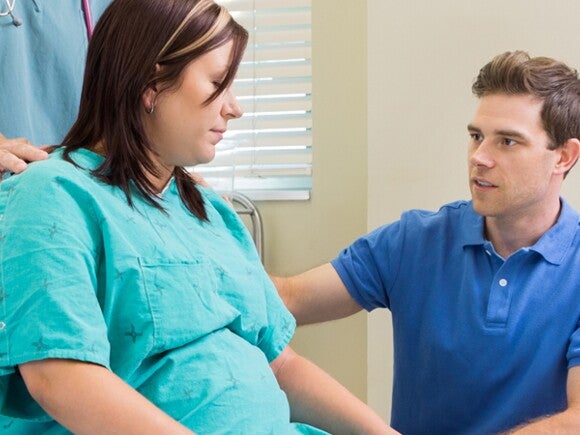
Types of relaxation techniques
Types of relaxation techniques
Progressive relaxation
This is an effective way of releasing stress and teaching your body to feel total relaxation. Tense and relax one group of muscles at a time, from head to toe, until you are totally relaxed.
Touch relaxation
This is a technique where you learn to respond to your partner or birth companion’s touch by relaxing tense muscles towards his or her hand. As you work through different muscles, you should become totally relaxed.
Some people respond well to touch relaxation, while others find it uncomfortable.
Autogenic relaxation
This is an effective form of relaxation which concentrates on rhythmic breathing and autosuggestion. Example: “My shoulders are relaxed, my arms are relaxed, my fingers are relaxed.”
Relaxation countdown
Once you have mastered relaxation you can do a quick “countdown” to check and help release extra tension.
At the beginning of each contraction, use your “starting breath” as the cue to count down from ten to total relaxation. Think of waves washing over your relaxed muscles as you progress from your head to your toes.
10 – Head and face
9 – Neck and shoulders
8 – Arms and hands
7 – Chest
6 – Abdomen
5 – Back
4 – Hips and buttocks
3 – Perineum
2 – Legs and knees
1 – Ankles and feet
Related articles

Further comfort measures for pain relief
Distractions like breathing, visualising or fixing on one point can take your mind off the pain.
5 mins to read
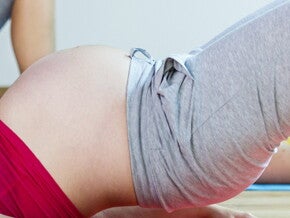
Levels of fitness
First trimester
Your fitness is likely to decrease. Listen to your body and only do what you feel comfortable doing.
Second trimester
5 mins to read

Monitoring your response to exercise
It is important to monitor your response to your exercise programme by taking your pulse-rate before, during and after exercise.
5 mins to read
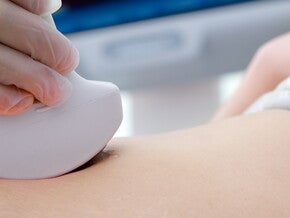
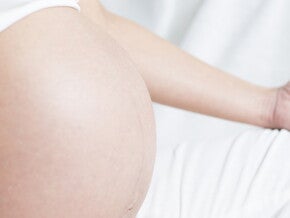

Criteria for prenatal classes
Instructor’s credentials, for example, midwife, physiotherapist.
Instructor’s specialised training in childbirth education.
5 mins to read

Conception
The fertilised egg divides into two identical cells – then four, then eight, then 16, and then many billions, and 266 days later – your baby.
1 min to read

Exercise
Feeling healthy, stress-free and relaxed will only help the chance of you and your partner falling pregnant.
1 min to read
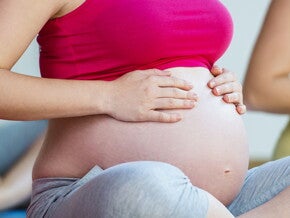
Types of exercise
Your safety and that of your baby are of prime importance at all times. You may begin to exercise in early pregnancy and continue for as long as you feel comfortable.
5 mins to read
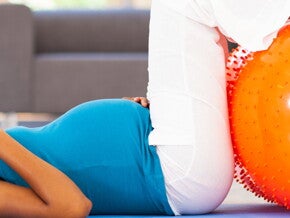
Exercise during and after pregnancy
“I am pregnant – can I exercise?”
5 mins to read

Hazards to pregnancy
Pregnancy is usually diagnosed several weeks after conception. It is, therefore, advisable to avoid risk factors if you are planning to become pregnant.
2 mins to read
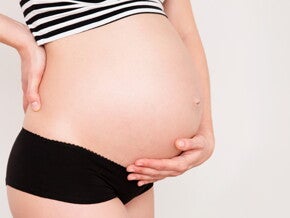
Increasing postural awareness and correction take
Take particular care of your back during and after pregnancy – protect it from strain and possible injury.
5 mins to read
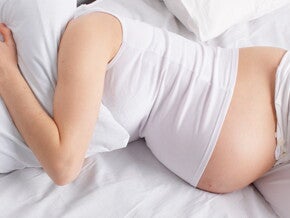
Adjusting to pregnancy
Discovering that you are pregnant brings about a variety of new feelings.
5 mins to read

Preconception checklist
Are you planning to have a baby soon? Find out our preconception checklist to facilitate the conceiving process and have an healthier pregnancy.
1 min to read
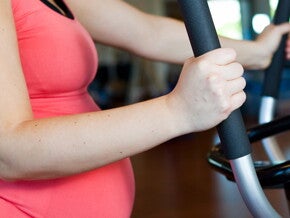
Maintaining and improving fitness
Stimulating the cardiovascular system through aerobic exercise helps to maintain and improve your fitness during pregnancy.
5 mins to read
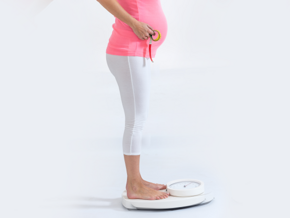
How Much Weight Should I Gain During Pregnancy?
There are many things you can do to prepare for the delivery of a healthy baby. One of the most important things is eating right to gain the extra weight you’ll need to support another life.
4 mins to read
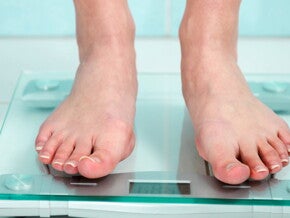

Breathing techniques
Breathing reflects the activity in your body and, of all the body’s involuntary unconscious physical responses, breathing is the easiest to control.
4 mins to read
